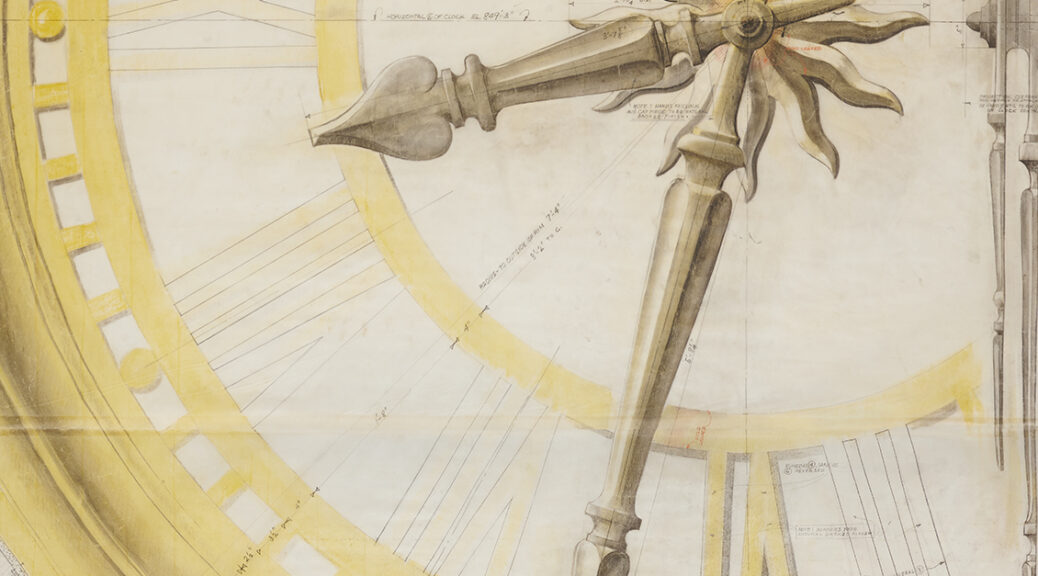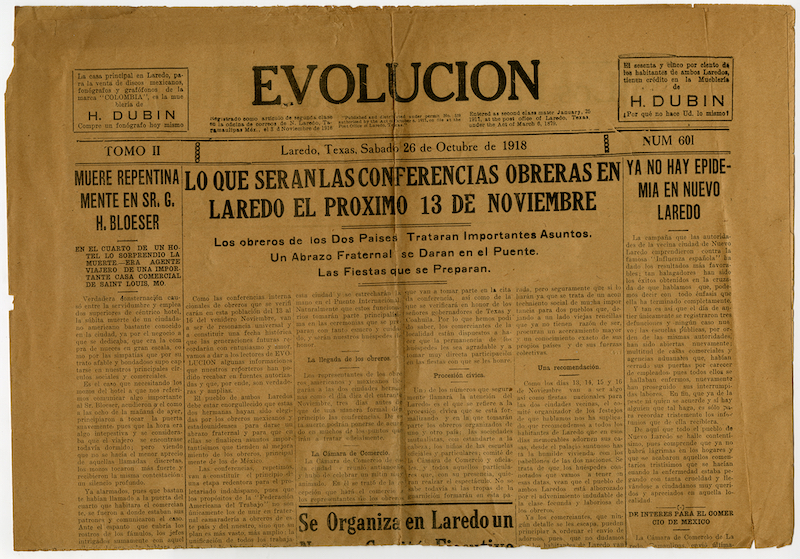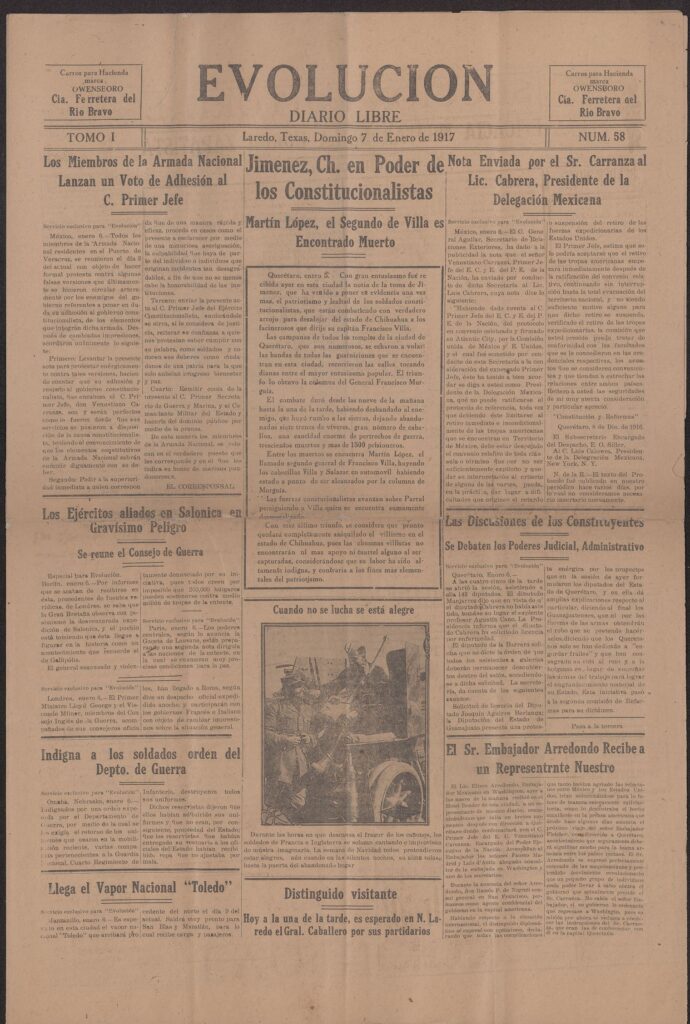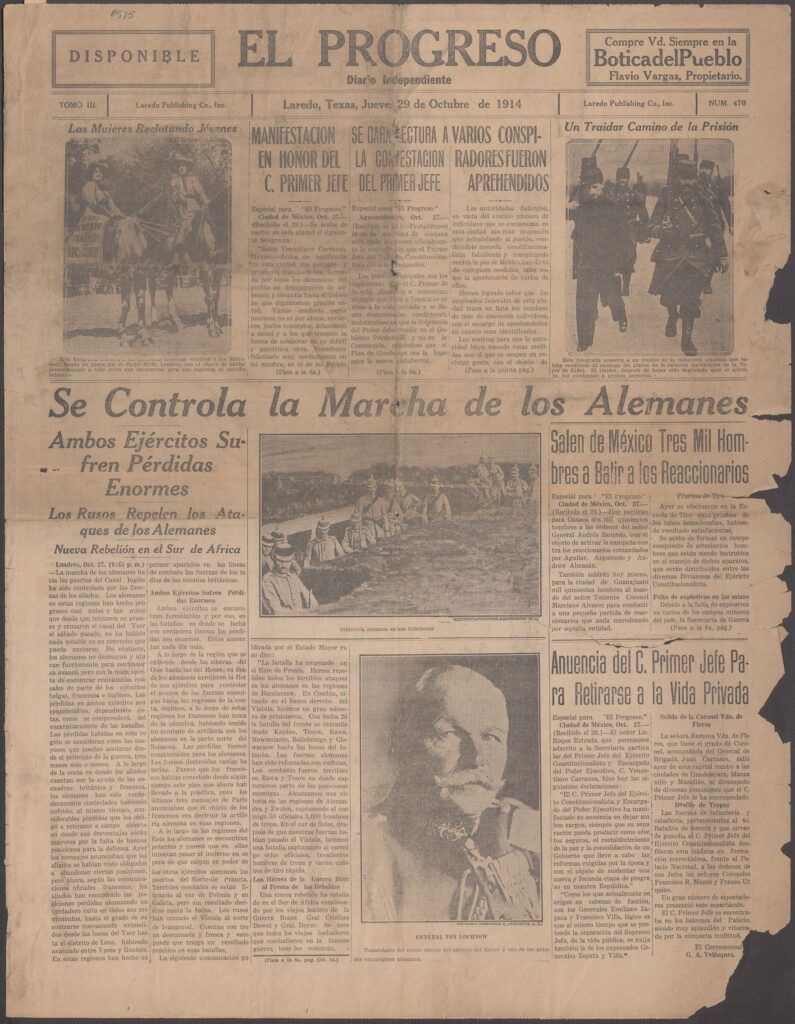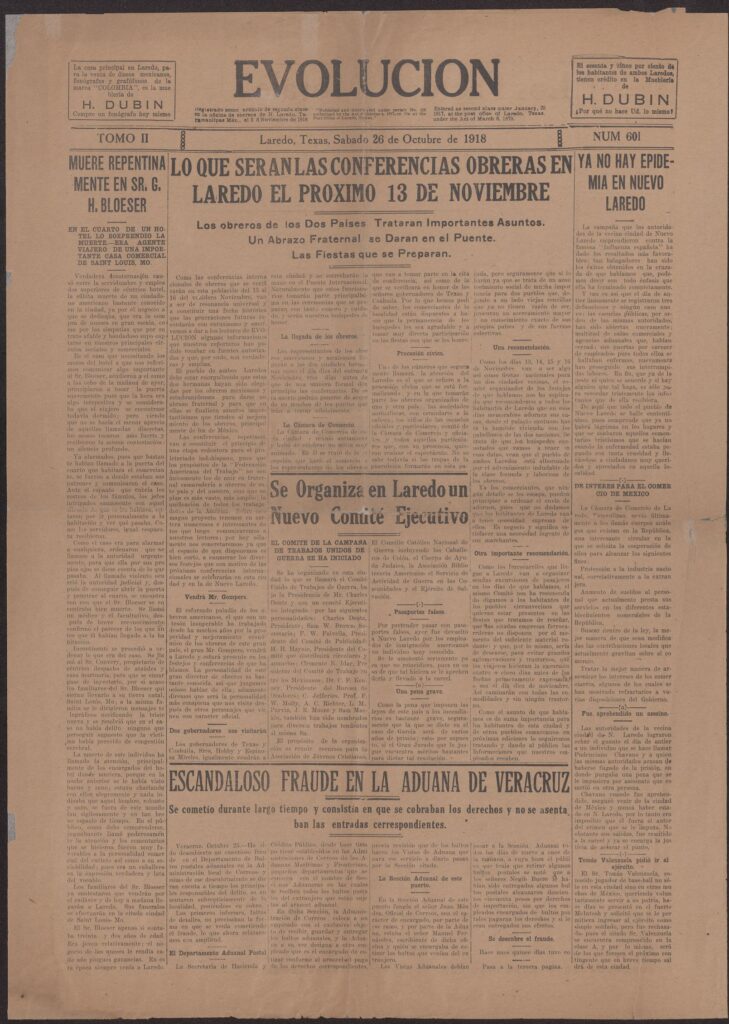In the ever-evolving landscape of preservation efforts, collaboration and partnerships play a crucial role in safeguarding our cultural heritage. Recently, a remarkable project was undertaken at The University of Texas at Austin, demonstrating the power of teamwork and dedication in the preservation of historical artifacts. The effort focused on preserving a rare and fragile architectural drawing of a clock face designed by the renowned French-American architect and educator Paul Philippe Cret (1876-1945).
Cret, a distinguished architect whose legacy is deeply embedded in the annals of UT architectural history, left an indelible mark with his innovative designs. He devised the University’s 1933 Campus Master Plan and designed 20 campus buildings including the Main Building and UT Tower. Among his many creations, the clock face drawing stands out as a testament to his artistic prowess and technical brilliance, and also serves as a window into past collaborations. This drawing, used to communicate to contractors how to execute the design, was likely drawn in the office of Robert Leon White, supervising architect for the University of Texas, under Cret’s direction. Part of the University of Texas Buildings Collection in the Alexander Architectural Archives at the university, this drawing is a cherished piece that encapsulates the essence of an era.
At the heart of this preservation endeavor is the Campus Conservation Initiative, a collaborative partnership between the Harry Ransom Center, the University of Texas Libraries and other collections at the university. The CCI operates with a mission to safeguard and promote access the university’s cultural heritage treasures, approving specialized conservation treatment for items from the CCI partner collections in the Ransom Center’s conservation labs.
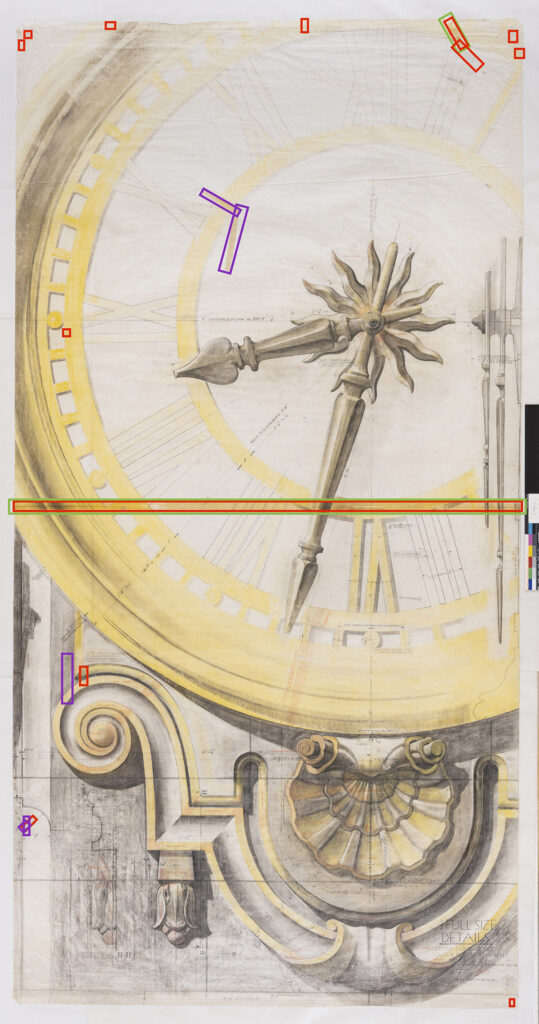
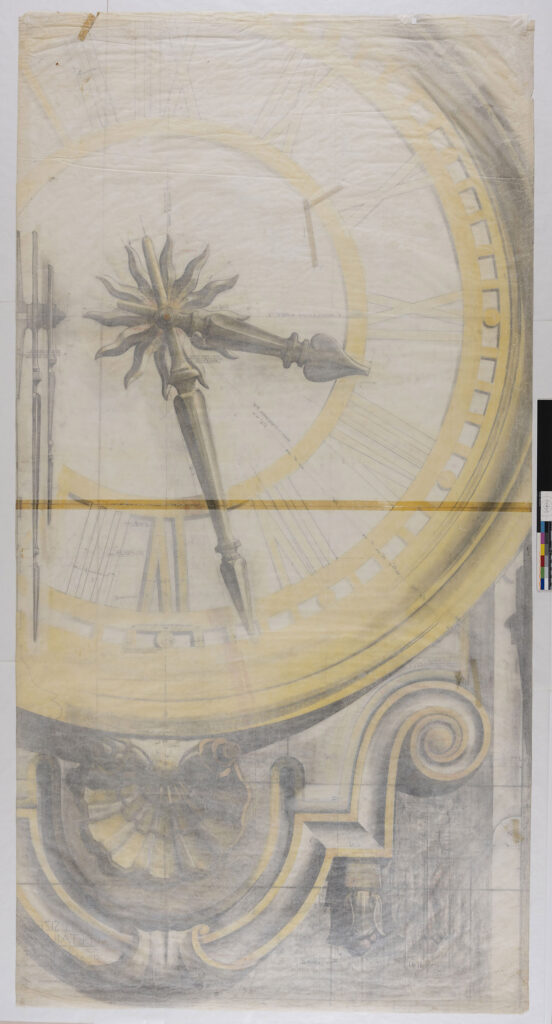
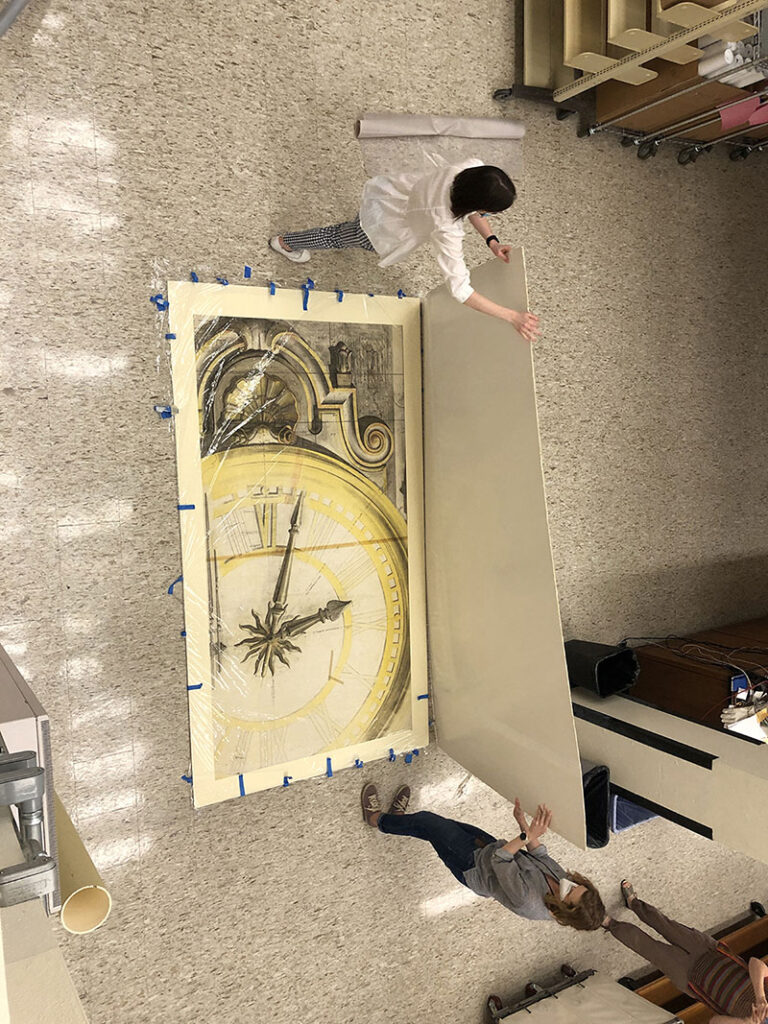
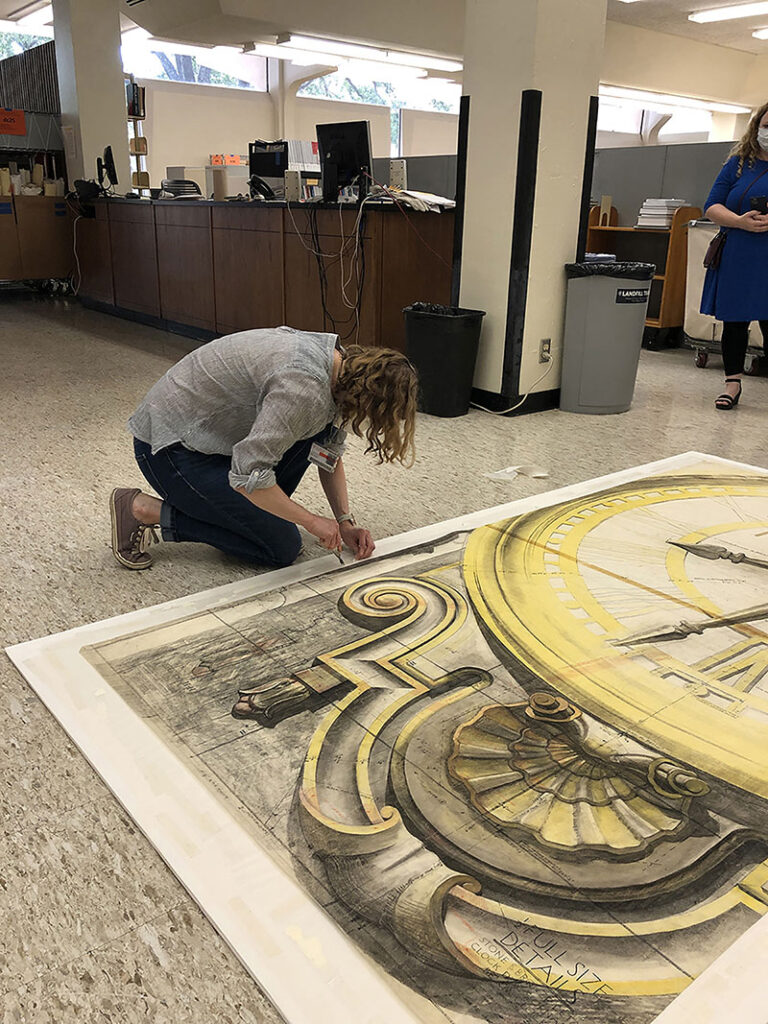
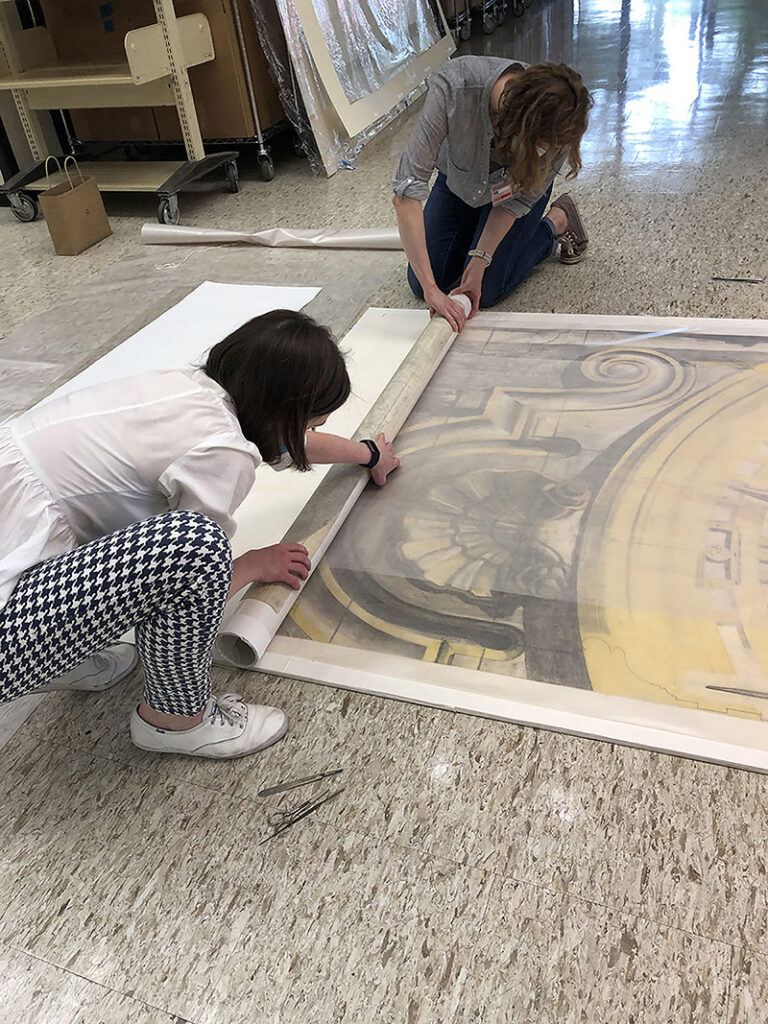
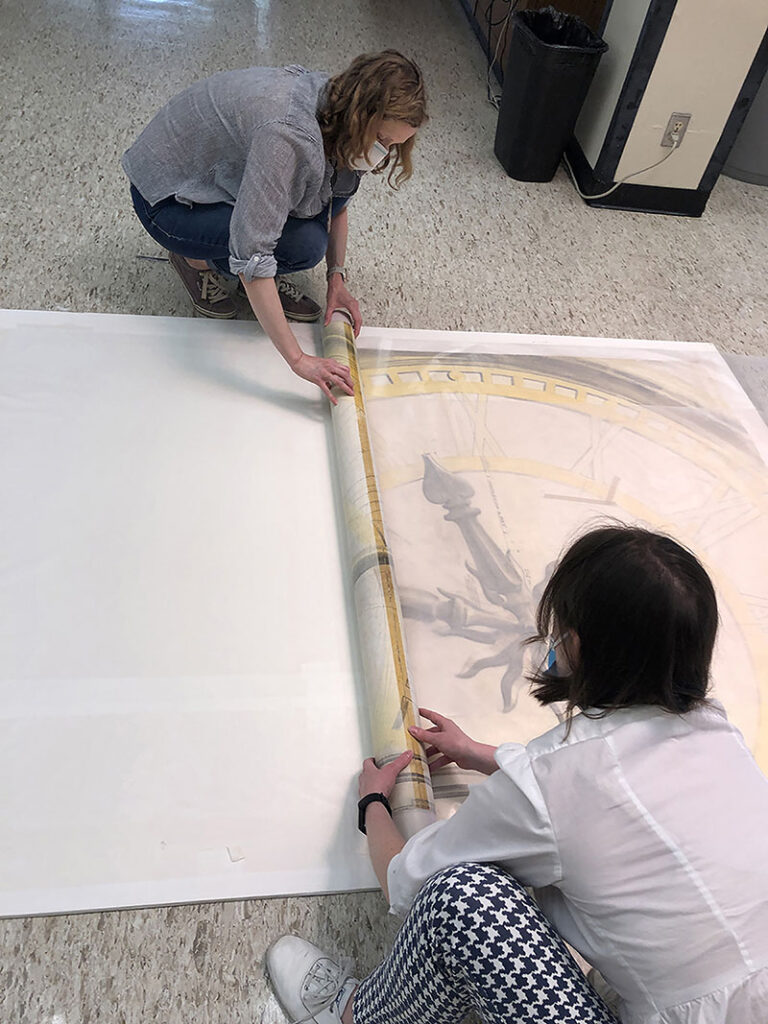
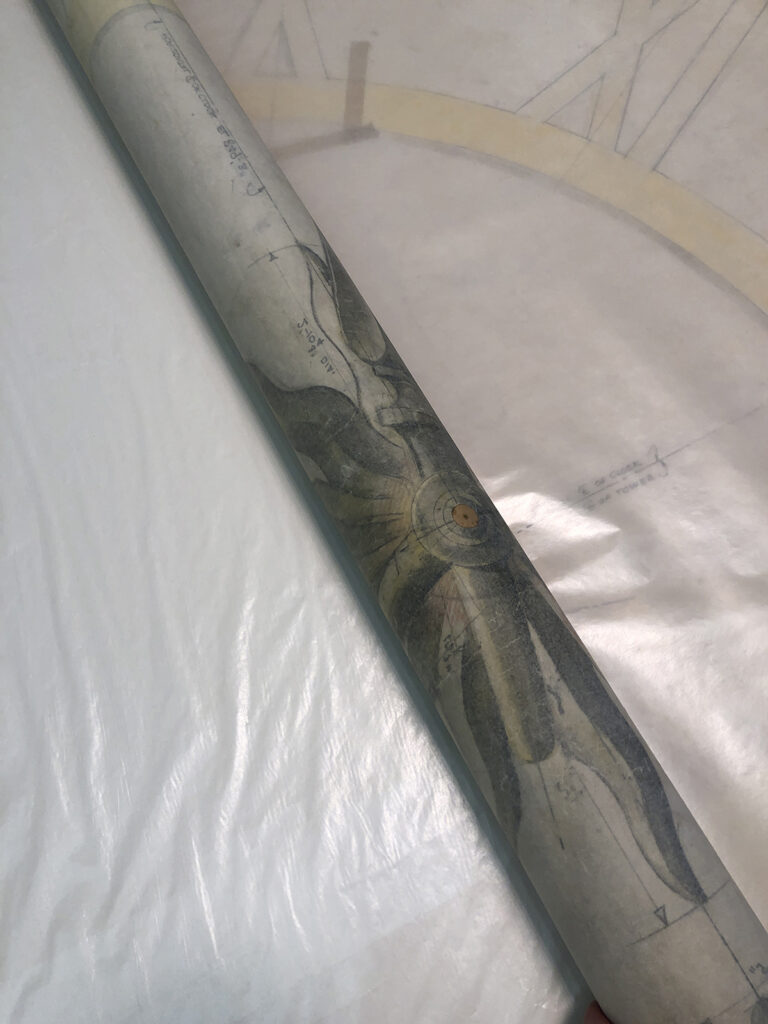
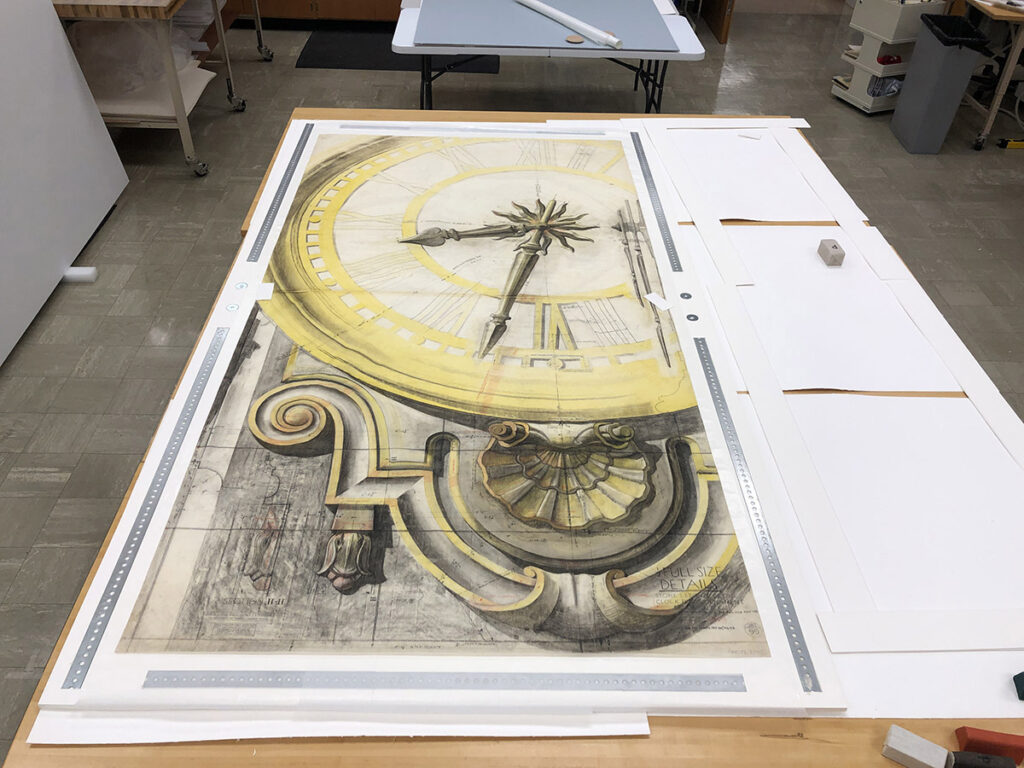
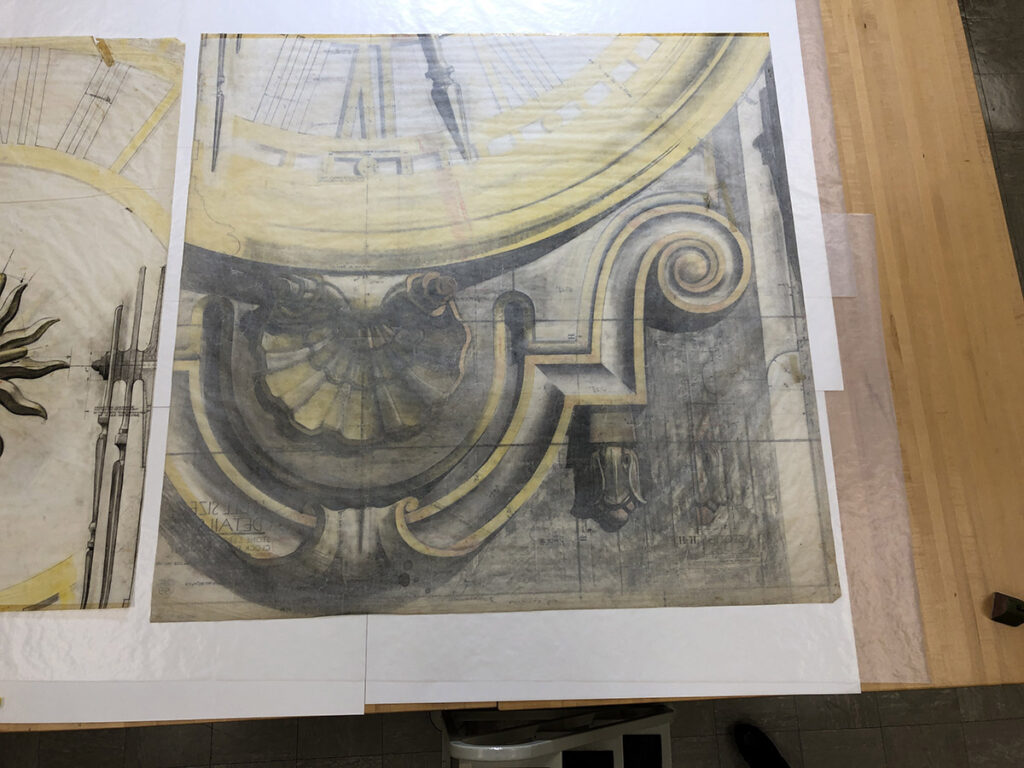
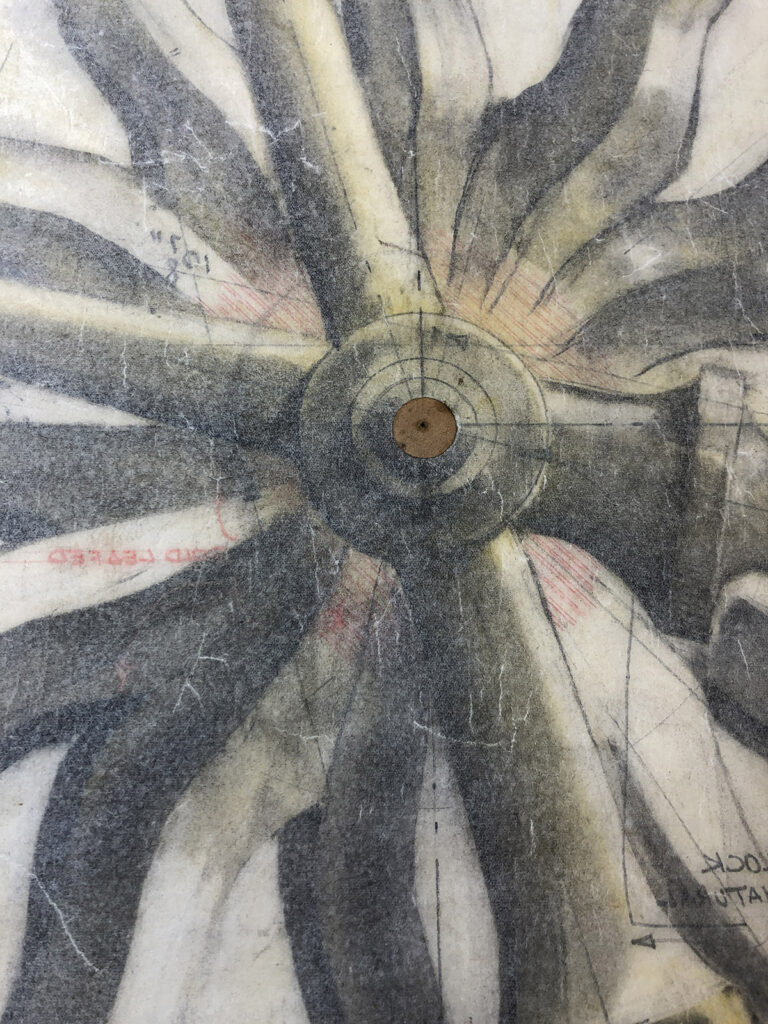
Preservation specialists from the Ransom Center and the Libraries filled a pivotal role in ensuring the longevity of the clock face drawing. Armed with expertise in archival management, preservation and conservation, these professionals meticulously assessed the condition of the fragile material and devised a comprehensive preservation plan. The treatment for the drawing included removing tape from previous repairs, mending tears, and stabilizing other fragile areas of the drawing. The CCI conservator had to construct a way to safely house the drawing so that it can be viewed, as well. The work is ten feet tall by five feet wide, so the preservation housing was designed with a window to allow for display, while still protecting the item.
Preserving rare and fragile materials is not merely an act of safeguarding the past but also a commitment to providing global access to valuable historical resources. The efforts put forth by The University of Texas at Austin, through the Campus Conservation Initiative, guarantee that this architectural drawing, once at risk of deterioration, remains accessible to a global audience.
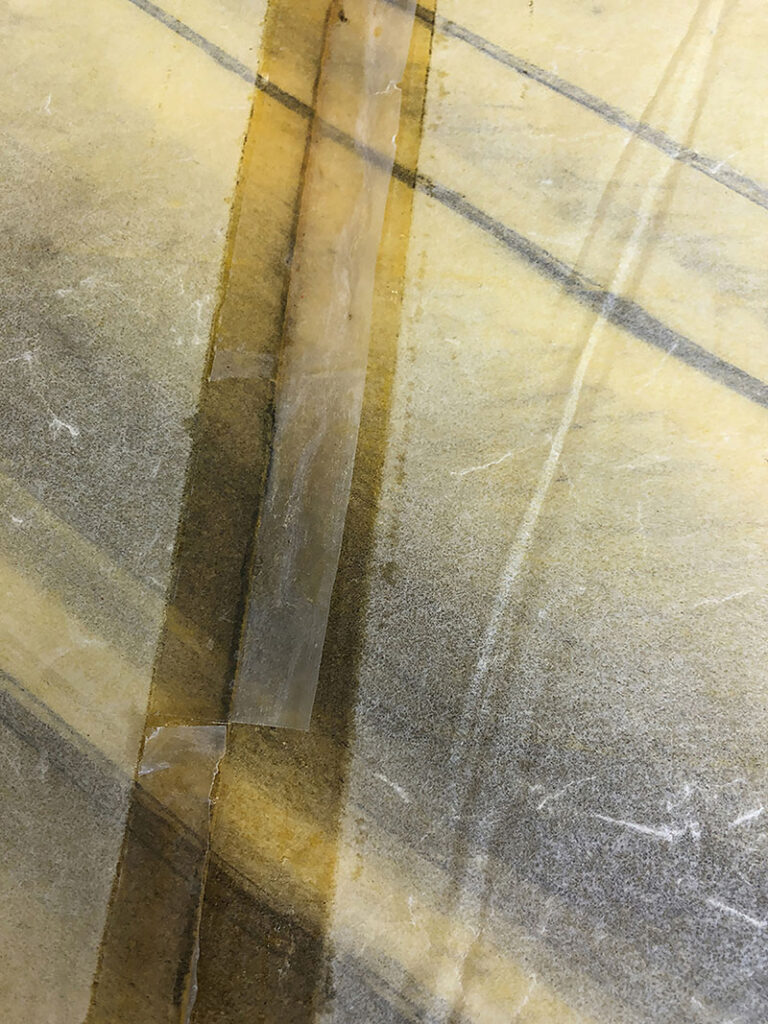
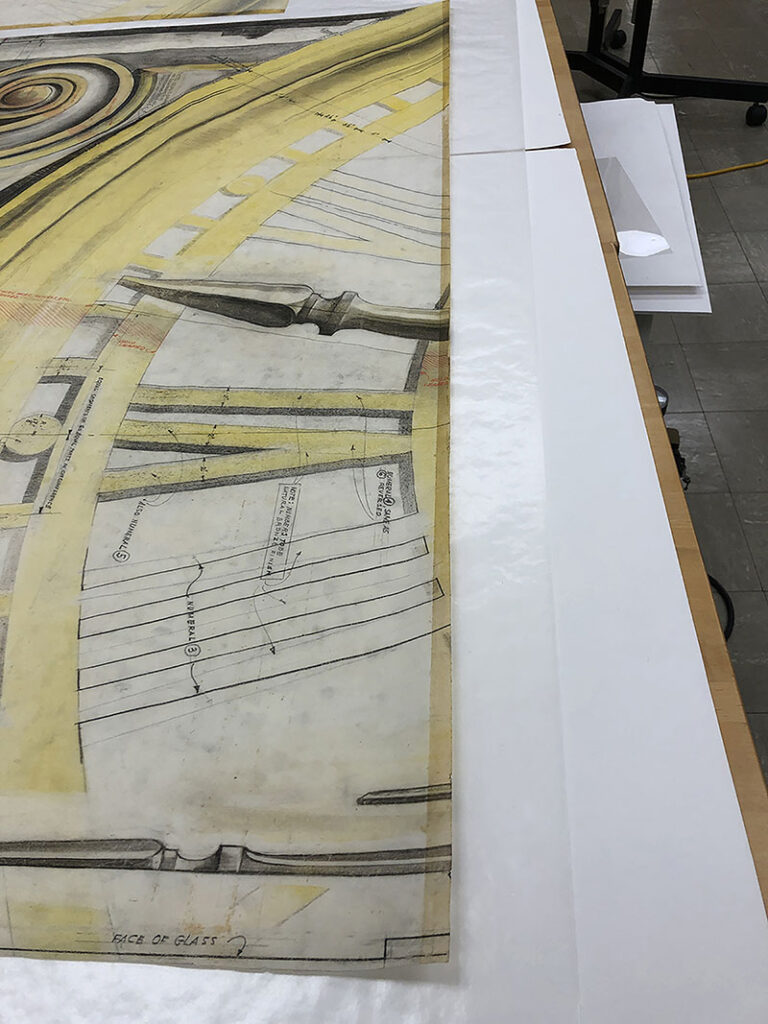
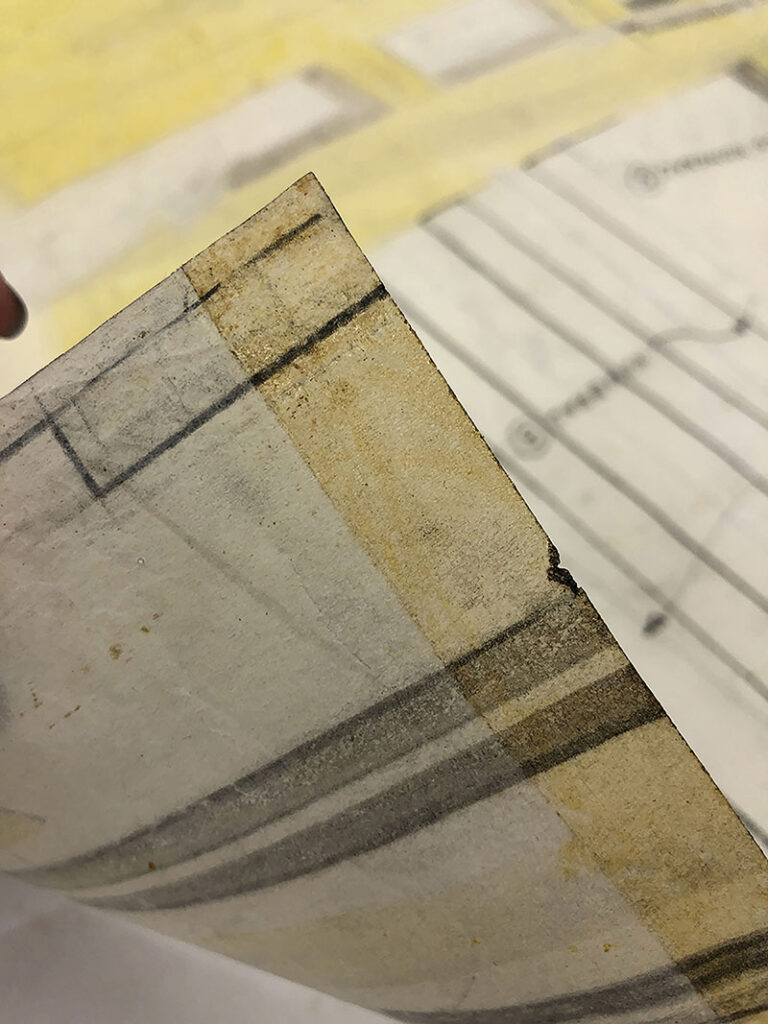
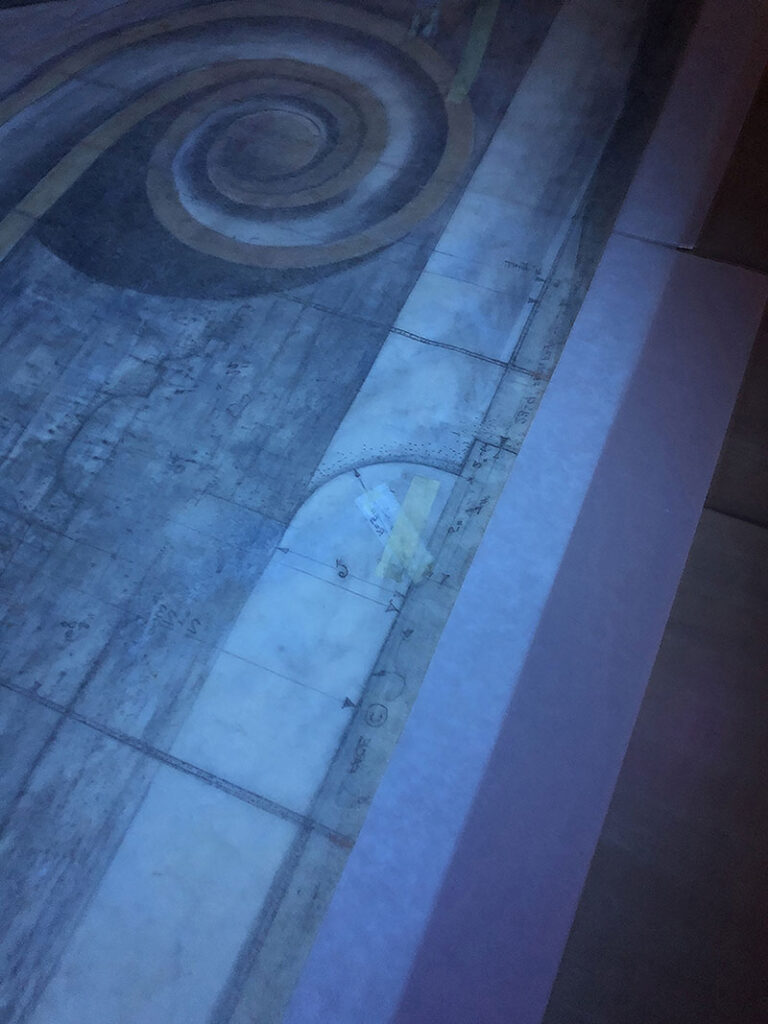

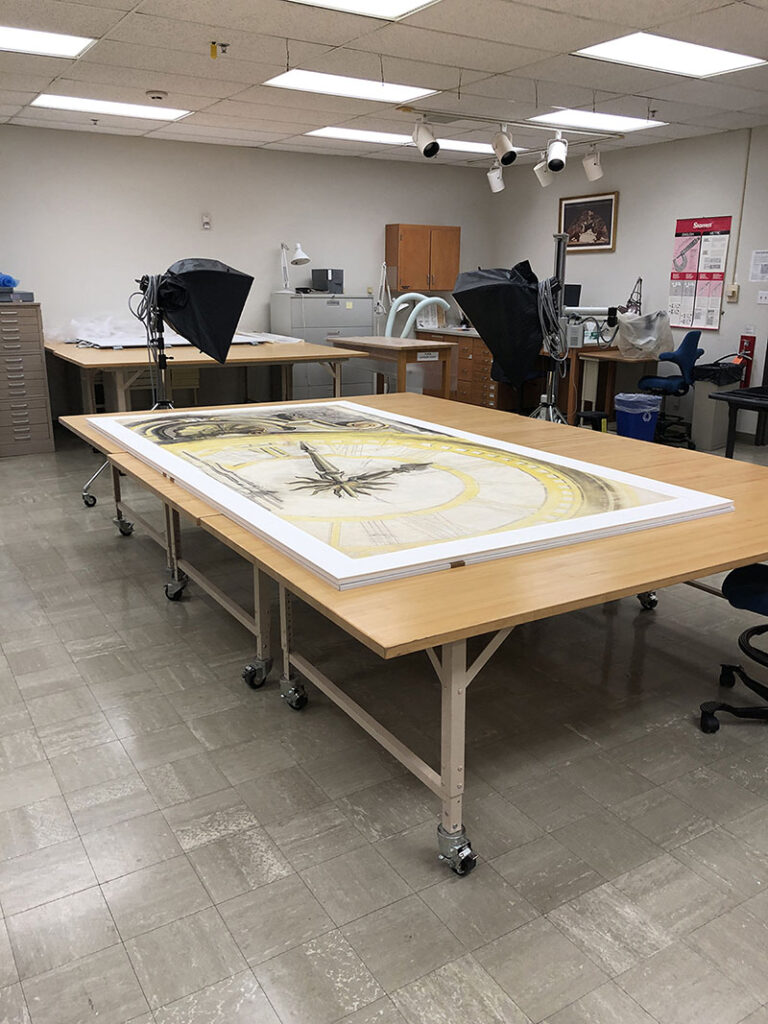
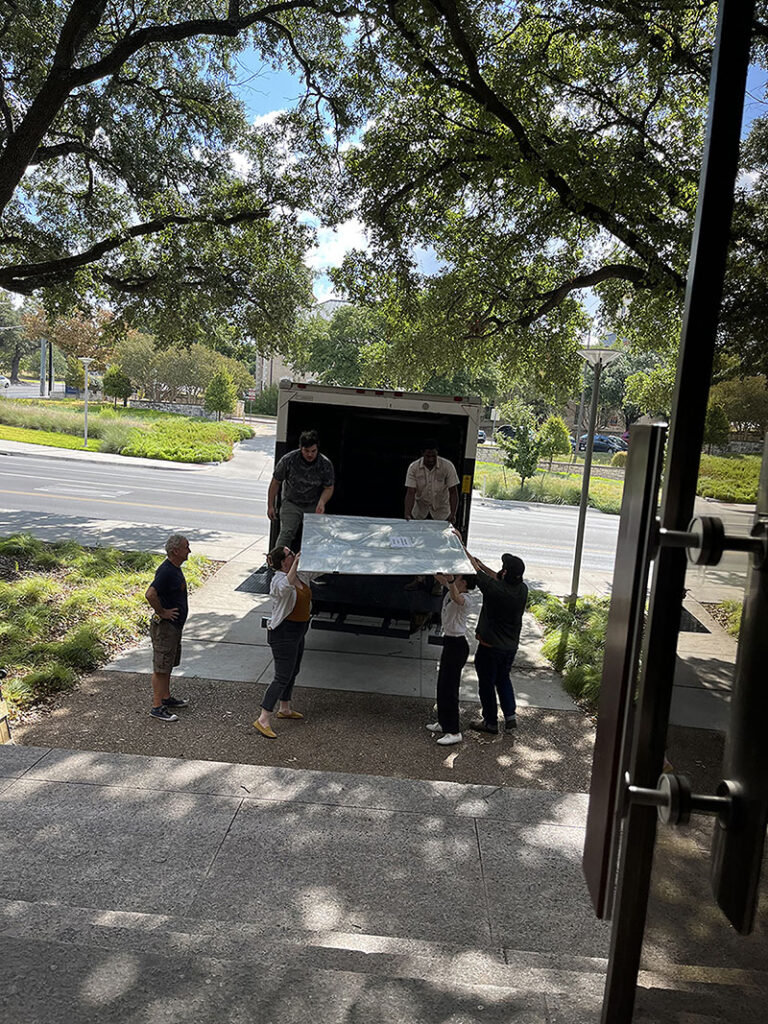
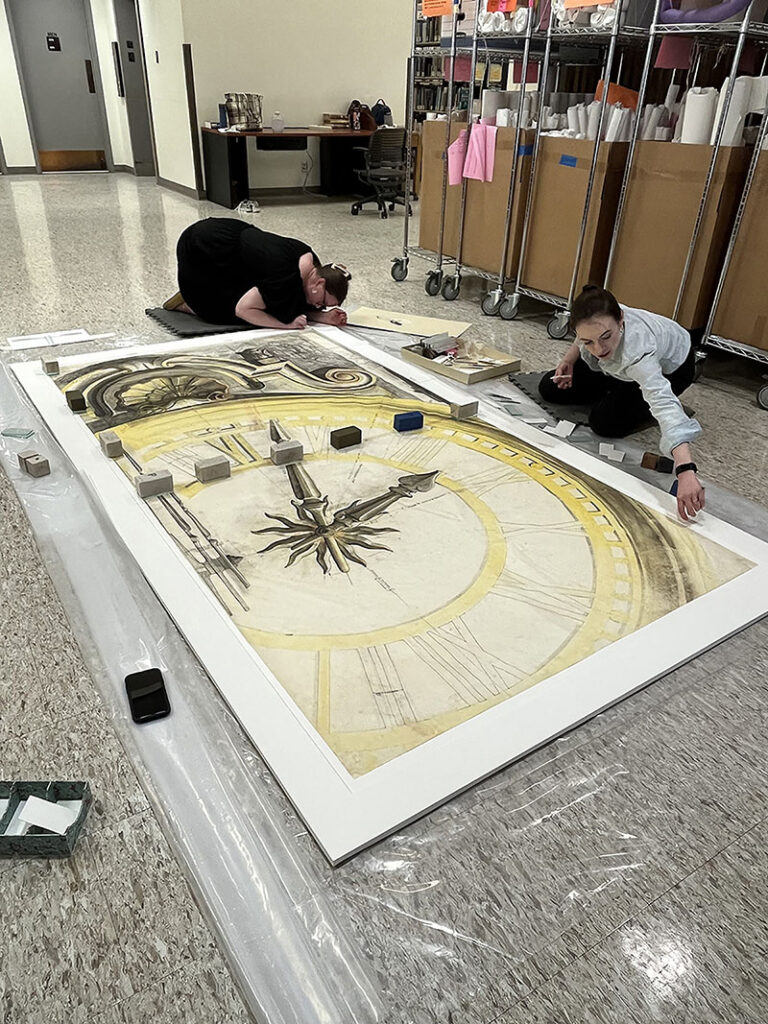
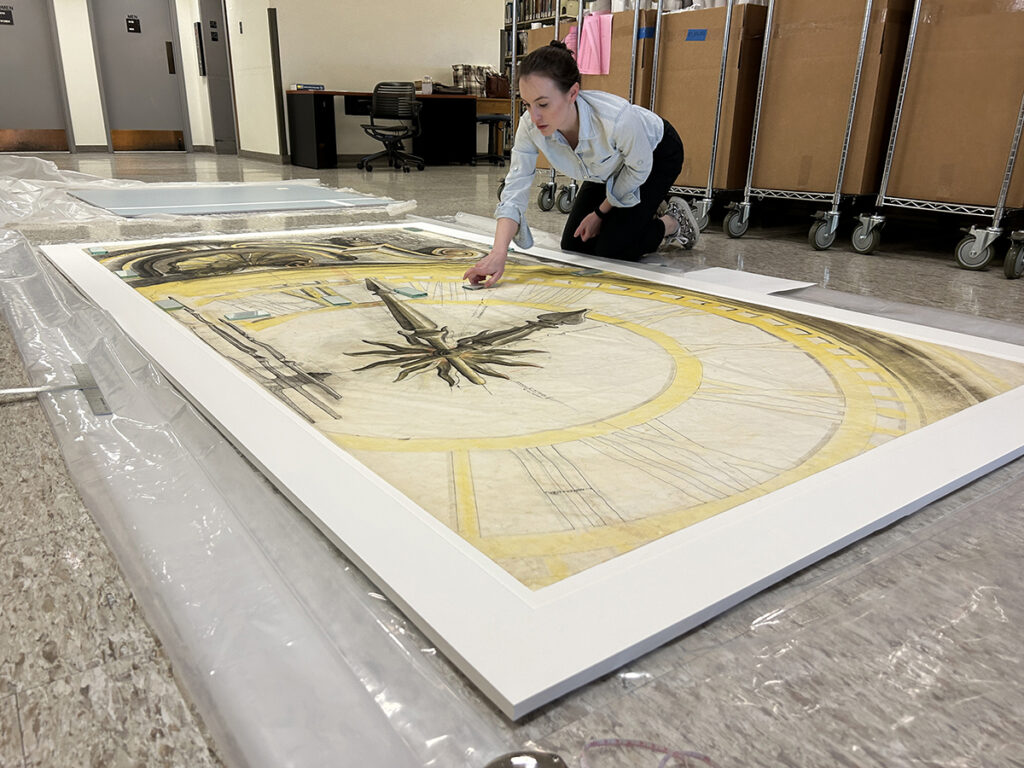
Beyond the immediate benefits of access, the preservation of rare materials ensures the sustainability of primary resource materials for future generations. By safeguarding artifacts like the clock face drawing, the Campus Conservation Initiative contributes to the educational and research pursuits of scholars, students, and enthusiasts for years to come.
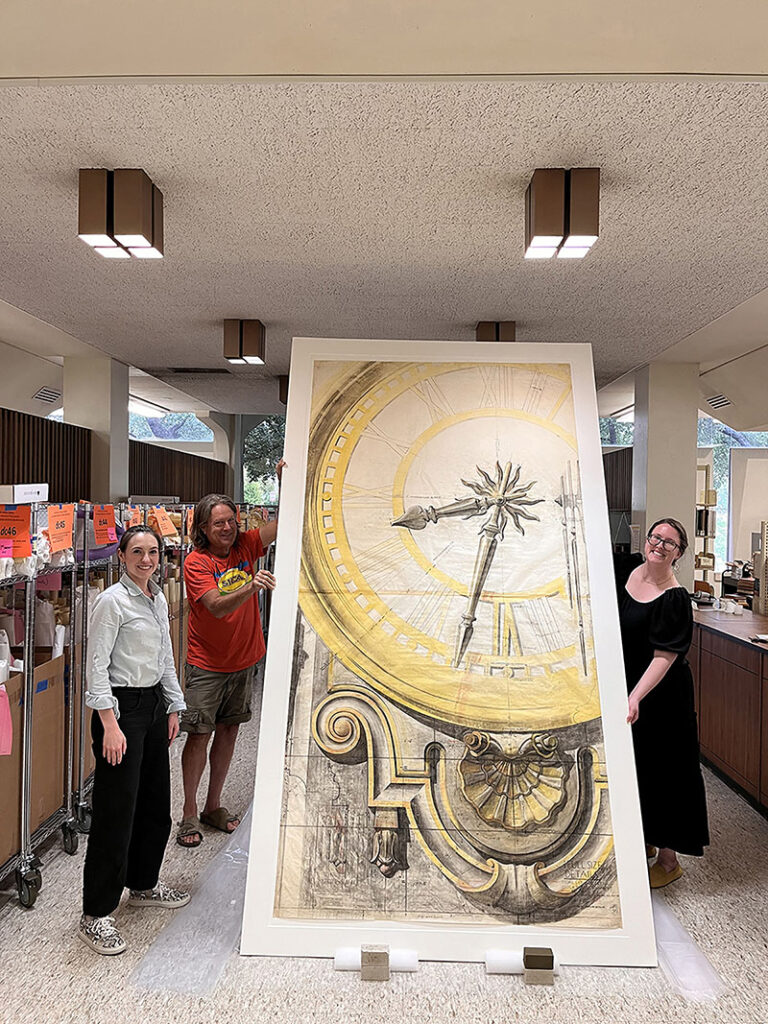
The collaborative efforts showcased in the preservation of the clock face drawing exemplify the significance of partnerships in the realm of cultural heritage preservation. The work of the Campus Conservation Initiative affirms UT’s dedication to the past and commitment to the future, ensuring that rare and fragile materials continue to enrich our understanding of history and architecture.
Learn more about the Campus Conservation Initiative and the project to restore Cret’s clock drawing in this article at Alcalde.

